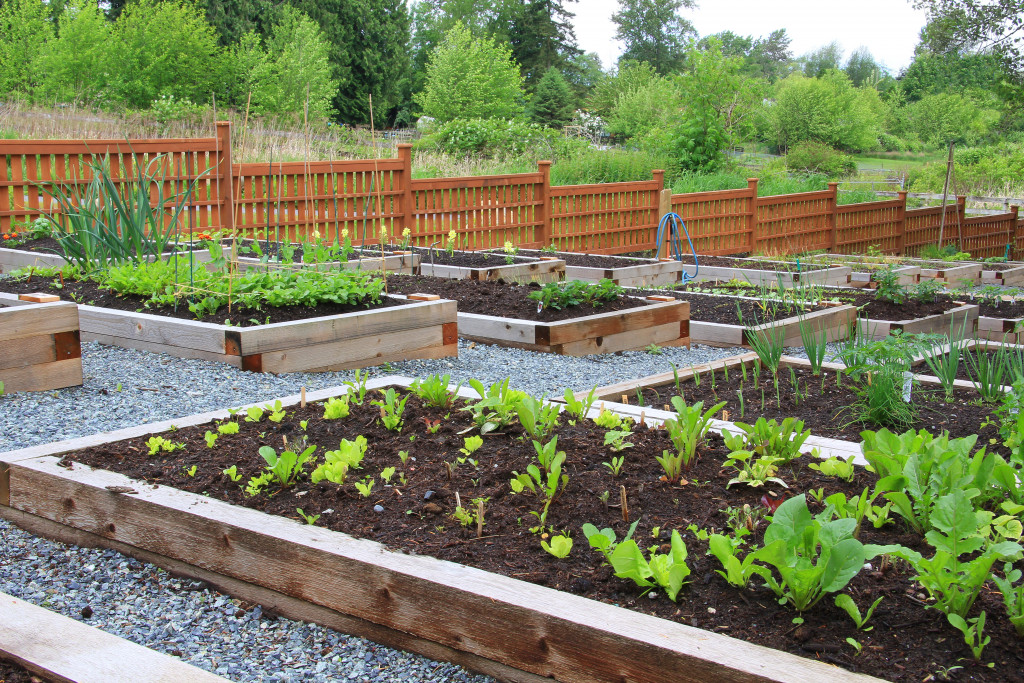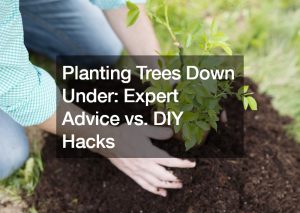- Home gardens offer numerous benefits to support sustainable living, such as reducing environmental impact and offering a healthy alternative.
- Gardening teaches valuable life skills such as patience, hard work, and awareness of the environment.
- Choose the right plants for your area that can be used for various dishes, plus trees for shade and pollution reduction.
- Prepare the soil by removing weeds and testing pH levels, plus prepare the space with clear debris and access to water.
- Water regularly in the morning to reduce evaporation and conserve water while monitoring weather forecasts.
Sustainable living has become widely discussed in recent years, but many are still unsure how to take actionable steps toward this lifestyle. One simple and effective way is to start a home garden. Home gardens add beauty to your home and can become your bridge toward adopting a sustainable lifestyle. Here’s what you need to know about gardens, why they’re great for sustainable living, and how to start them.
Gardens in The U.K.
It’s estimated that about 27 million people in the U.K. are gardening enthusiasts. This includes growing flowers, vegetables, and herbs. Gardening is an activity that anyone can take part in regardless of their age or level of experience. It’s also a great way to exercise outdoors while having fun!
Benefits of Home Gardens for Sustainable Living
A home garden offers numerous benefits that support sustainable living. Here are some reasons why:
Reduces Your Environmental Impact
Starting a home garden empowers you to produce your food. This means you can reduce or eliminate your dependence on unsustainable and environmentally damaging commercial farming methods. Chemical pesticides used in industrial agriculture pollute the soil and water supply and contribute to climate change. By growing your food, you can contribute to reducing the use of these harmful chemicals.

Offers a Healthy Alternative
Homegrown fruits and vegetables are fresher and healthier than store-bought produce. They are free of the chemicals and preservatives often used in transportation and storage. Furthermore, gardening can be a form of exercise and a way to reduce stress levels which is beneficial for good mental health.
Sharing and Connection
Home gardens also foster a sense of community. Home gardeners often share their excess produce with neighbors, family, and friends, thus connecting them with their community while helping create sustainable local food networks. This sharing also cultivates a sense of generosity and environmental responsibility.
Life Skills
Home gardening teaches valuable life skills that go beyond just growing food. It requires patience and perseverance to grow plants successfully. It teaches people the importance of patience, hard work, and awareness of the environment. It also teaches practical skills like cooking and preserving crops for later in the season.
Reduces Food Waste
Home gardens can also help reduce food waste. Instead of buying large amounts of food that tend to spoil before they can be consumed, gardeners can pick fruits and vegetables as they are needed. It also allows gardeners to plant and grow only what their family needs selectively.
Starting Your Garden
Now you know the benefits of having a garden, here are five tips to help you start your garden.
Choose The Right Plants
The plants you choose can either make or break your garden. Choose plants suitable for the sun your area receives and have a good chance of surviving in your climate. Here are four plants that are easy to grow in the U.K. and can be used for various dishes: peppers, tomatoes, lettuce, and cucumbers.

Plant Some Trees
It’s important that you also include some trees in your garden. Trees provide shade, reduce air pollution, and attract wildlife. Plus, they can live for years with proper care. That’s why you must take reputable tree surgeon courses to help you care for these trees. The courses will give you the necessary knowledge to diagnose and treat any potential problems that may arise. This can also give you valuable expertise to become a professional in this field.
Prepare The Soil
Healthy soil is essential for growing healthy plants. Start by removing weeds and using a tiller or spade to break up the soil. Test your soil pH level (ideally 6-7) and apply fertilizer if needed.
Prepare The Space
Clear any debris from the area you plan to use for your garden. Remove rocks, stones, or other obstacles that may hinder plant growth if needed. Make sure the space is well-lit and has access to water. Also, ensure the soil is capable of absorbing water properly.
Water Regularly
Watering your plants regularly helps them thrive by providing the necessary nutrients for proper growth. Watering in the morning can help reduce evaporation and conserve water, as temperatures are cooler. You should also monitor the weather forecast to see if rain is expected so you don’t unnecessarily over-water your plants.
Starting a home garden is not only a great way to reduce your environmental impact, but it can also be an enjoyable activity that connects you with nature and your community. Hopefully, these tips have helped you understand why gardens are great for sustainable living and how to start yours. Once you get going, the possibilities are endless!





